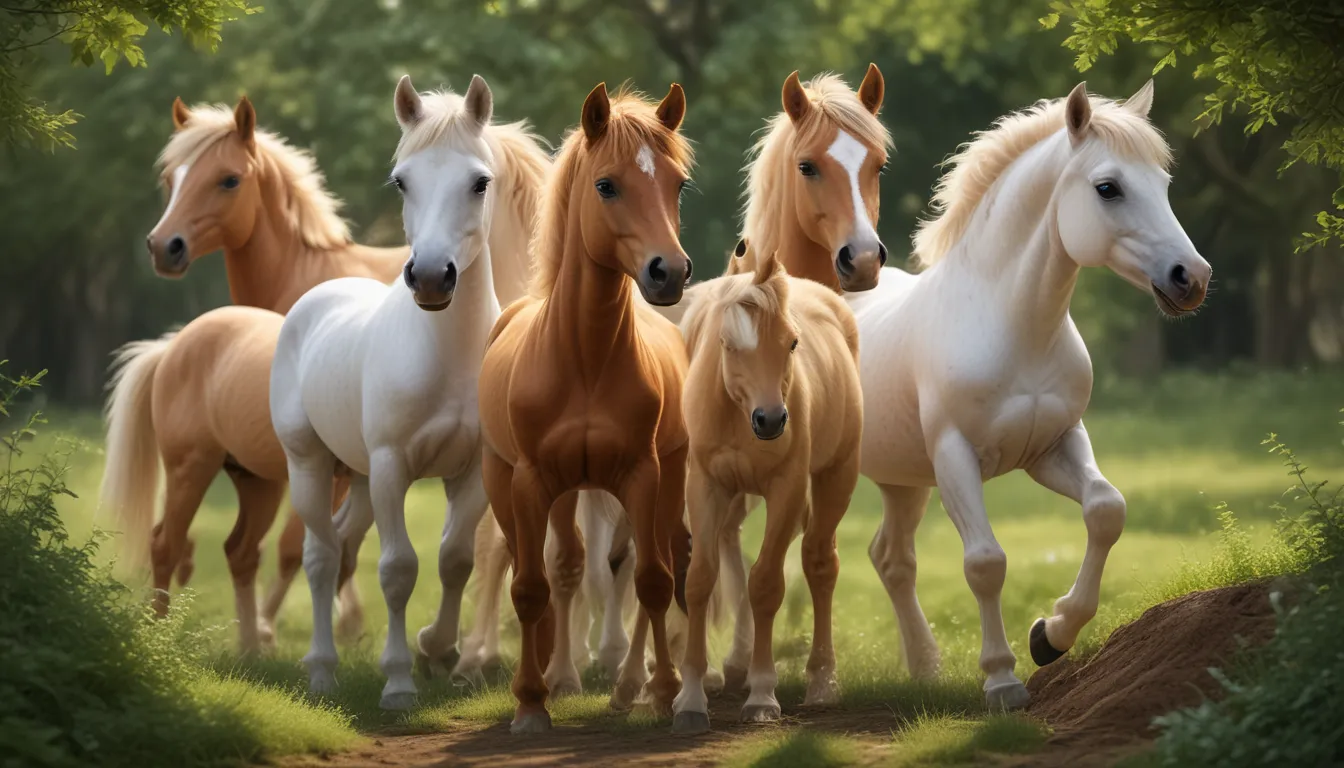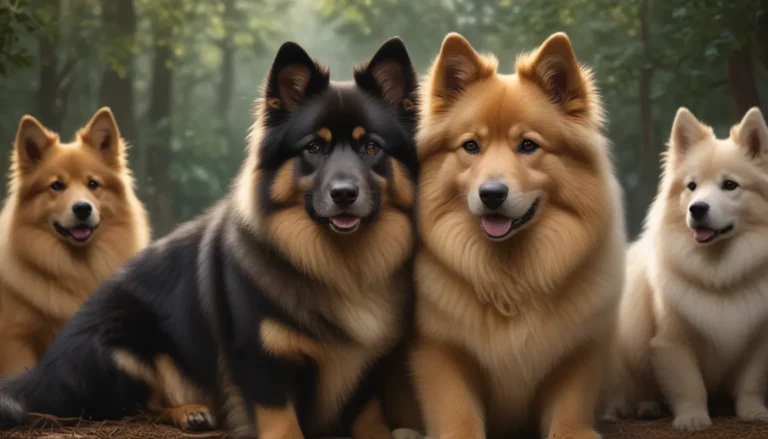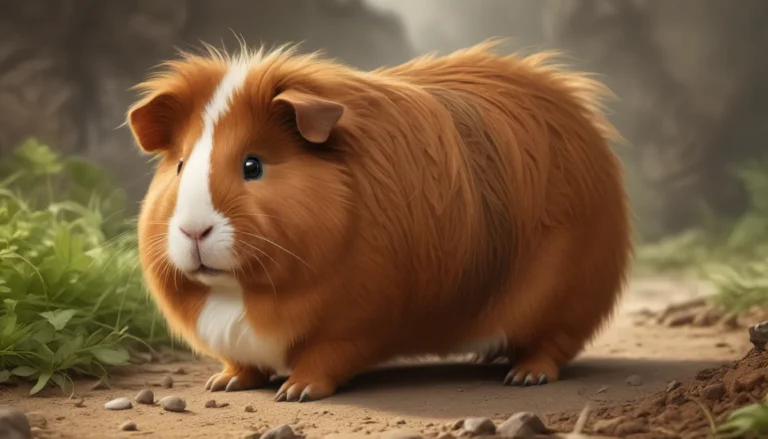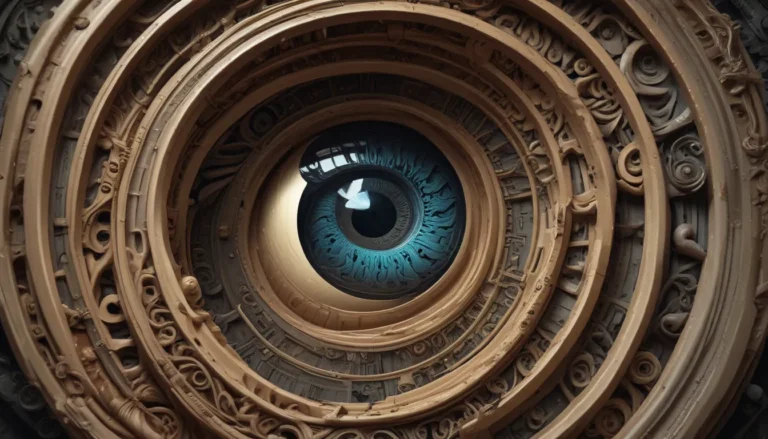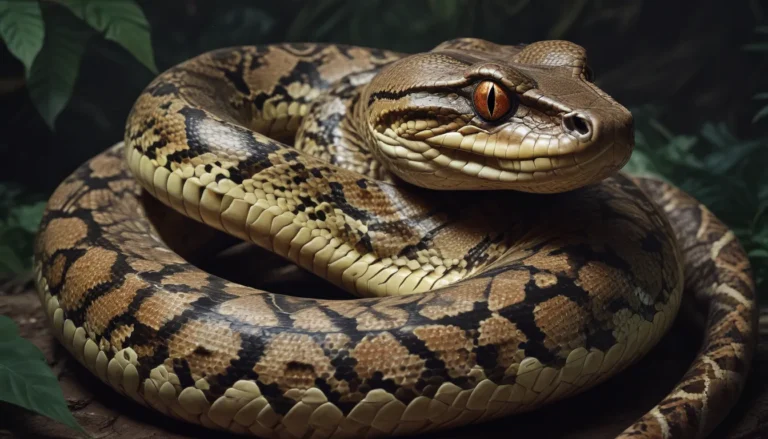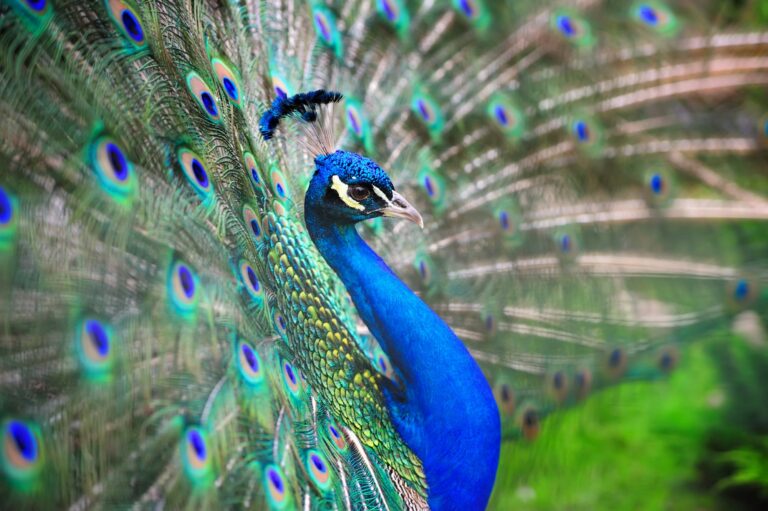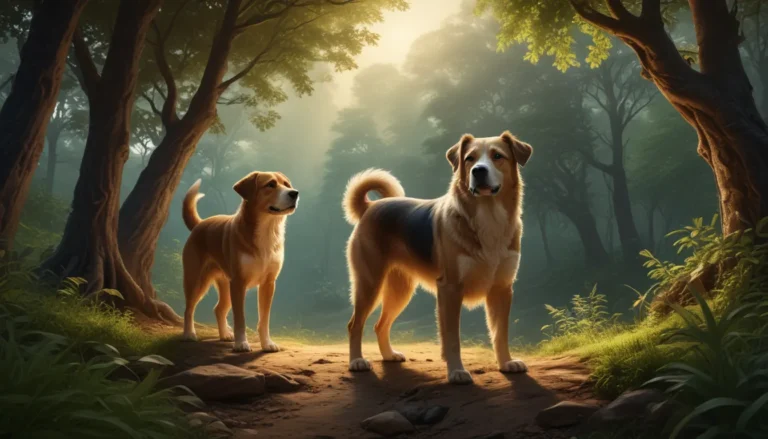The pictures we use in our articles might not show exactly what the words say. We choose these pictures to make you interested in reading more. The pictures work together with the words but don’t take their place. The words still tell you the important facts.
Are you ready to embark on a delightful journey into the enchanting world of baby horses? These adorable and charismatic creatures, known as foals, are not only incredibly cute but also fascinating in their own right. From their playful antics to their remarkable growth rate, there's so much to learn about these little bundles of joy.
In this article, we will uncover 10 intriguing facts about baby horses that will leave you amazed. Whether you're a horse enthusiast or simply curious about the animal kingdom, you're in for a treat. So, saddle up and let's dive into the delightful world of baby horses!
Discovering the Charm of Foals
- Baby horses, known as foals, are born curious and energetic.
- Foals can stand and walk shortly after birth.
- Baby horses grow rapidly in their first year.
When a horse gives birth, the offspring is called a foal. These adorable creatures are incredibly curious and full of energy. Foals have long legs, a fluffy coat, and a playful nature. Unlike many other animals, foals are born with the ability to stand and walk shortly after being born. Within an hour of birth, they can typically stand on their wobbly legs and take their first steps. During their first year, baby horses experience incredible growth. They can double their size within the first few months and continue to grow until they reach full maturity at around four years old.
Nurturing Young Foals
- Foals are dependent on their mothers for milk.
- Baby horses start eating solid food at a young age.
For the first few months of their lives, foals rely on their mothers' milk for nourishment. This milk provides essential nutrients and helps them grow strong and healthy. While milk is their primary source of nutrition initially, foals begin to nibble on grass and hay within a few weeks of birth. This transition to solid food is an important step in their development.
Playful and Social Creatures
- Foals love to play and socialize with other young horses.
- Baby horses are naturally curious and adventurous.
Just like human children, foals love to play and interact with their peers. They engage in playful behavior, such as running, jumping, and chasing each other, which helps them develop their coordination and social skills. Baby horses have a natural curiosity and a sense of adventure. They love to explore their surroundings, investigate new objects, and test their limits. This curiosity helps them learn about the world around them and develop important life skills.
Unique Developmental Milestones
- Foals undergo teething.
- Foals have a strong bond with their mothers.
- Foals develop independence as they grow.
Similar to human babies, foals go through a teething process. Their milk teeth start to come in at around two weeks old, and by the time they are five months old, their baby teeth are replaced with permanent adult teeth. From birth, foals form a strong bond with their mothers. They rely on their mothers for protection, guidance, and affection. This bond provides them with a sense of security and helps them navigate their early stages of life. As foals grow older, they gradually become more independent. They start to explore on their own, develop their own personalities, and eventually separate from their mothers to establish their own territories.
Embracing the Wonder of Baby Horses
In conclusion, baby horses are truly fascinating creatures with unique characteristics. From their rapid growth and development to their playful and curious nature, there is much to learn and appreciate about these young equines. Their ability to stand and run shortly after birth is truly remarkable, showcasing their innate strength and resilience. As they grow older, baby horses undergo various physical and behavioral changes, eventually transforming into majestic adult horses. Whether you're a horse lover or not, these adorable and spirited creatures are sure to captivate your heart.
Answering Your Questions
FAQs
-
At what age do baby horses start walking?
Most baby horses, also known as foals, start walking within hours of being born. -
How long does it take for a baby horse to mature?
On average, a baby horse takes about three to four years to fully mature. -
What is the scientific term for a baby horse?
A baby horse is scientifically referred to as a foal. -
Are baby horses able to eat solid food?
Yes, newborn foals have the capability to eat solid food. -
How long do baby horses stay with their mothers?
Baby horses typically stay with their mothers for about six months to a year.
Conclusion
Thank you for joining us on this fascinating exploration of baby horses. These incredible creatures never cease to amaze with their unique traits and behaviors. Whether you're a seasoned horse enthusiast or a curious observer, the world of baby horses is indeed a captivating one. Keep exploring, keep learning, and continue to marvel at the wonders of the animal kingdom.
